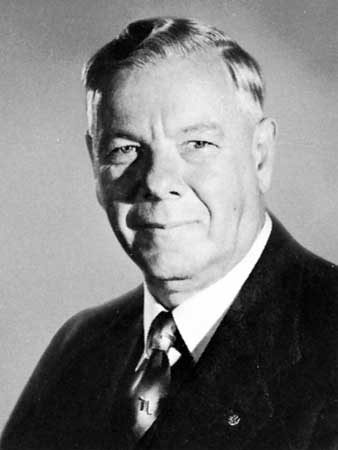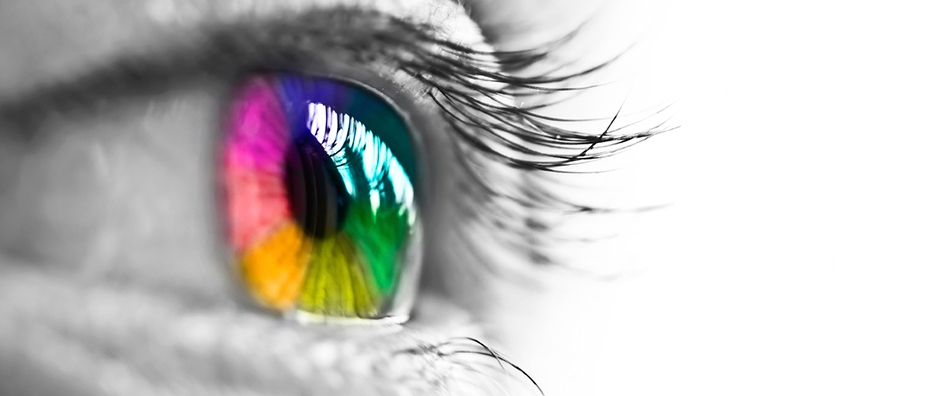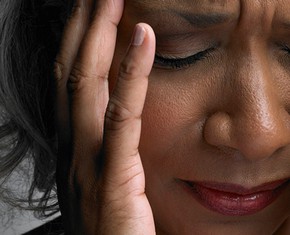The views expressed in our content reflect individual perspectives and do not represent the authoritative views of the Baha'i Faith.
If we consider the principle of the independent investigation of truth in the Baha’i writings, we will discover its close relationship to the concept of justice. Baha’u’llah gives us a clear link by telling us that with the aid of justice:
…thou shalt see with thine own eyes and not through the eyes of others, and shalt know of thine own knowledge and not through the knowledge of thy neighbor. Ponder this in thy heart; how it behooveth thee to be. Verily justice is My gift to thee and the sign of My loving-kindness. Set it then before thine eyes. – The Hidden Words, p. 4.
The structure of this passage points to a reciprocal component in our obligation to investigate the truth for ourselves. We must not content ourselves by seeing through the eyes of others, and we do not have the right to force anyone else to see the world through our eyes. If we all have the responsibility to seek the truth, then we, as individuals, must all find ways to accept and tolerate the independent thought of others. Only by applying the Golden Rule in this way can we build a society with the capacity to accept the independent pursuit of truth by individuals within it.
When Abdu’l-Baha talks about searching for the truth, he says:
God has bestowed the gift of mind upon man in order that he may weigh every fact or truth presented to him and adjudge whether it be reasonable. – The Promulgation of Universal Peace, p. 374.
We can see from this statement that investigating the truth is not simply a matter of drifting along and looking into a few things. Instead, it involves developing the capacity to make judgments about each truth or falsehood presented to us. We can make such assessments only by becoming fully informed. To make a judgment based on partial information is clearly unjust.
The next step involves objectively weighing each piece of information. If we leave our own self-interest out of the equation, we will avoid deluding ourselves because of some desire of our own. As Abdu’l-Baha says, “Self interest prompts men to be prejudiced” and, “in order to find truth we must give up our prejudices, our own small trivial notions; an open receptive mind is essential.” If we observe justice through the first steps, becoming fully informed, setting aside our own self-interest and trying to follow the Golden Rule, it follows logically that we will increase our capability to arrive at a just conclusion.
The Baha’i teachings exhort us over and over again to give up our prejudices—not to navigate the reefed oceans of life by inherited attitudes, or old charts, or the trail of rubbish left by other ships. We must use the light of justice and see with our own eyes. It helps to remember the etymology of the word “prejudice,” which comes into English from the Latin praejudicium. The prefix prae means “before.” Judicium means “judgement.” The word itself tells us that when we act with prejudice we act before we have exercised judgement. When we live with prejudice we live in the absence of justice.

Dr. Hendrik Verwoerd
However, if we think about prejudice from a purely materialistic point of view, we can see how convenient it seems for some. Racial prejudice serves the self-interest of the dominant race to a remarkable degree. When we look back at historical examples of extreme domination of one race by another, we can easily see the dominant group’s commitment to retaining power. In South Africa under apartheid, in 1963, Dr. Verwoerd said to his Parliament: “Reduced to its simplest form the problem is nothing else than this: We want to keep South Africa white…’ Keeping it white’ can only mean one thing, namely white domination, not ’leadership’, not ’guidance’, but ’control’, ’supremacy’.”
The argument goes something like this: if black people or brown people or women are inferior, then it is perfectly alright to dominate them, to control them and use their labour to create extraordinary prosperity for the white male minority. Since the whites are superior in any case, the thinking goes, they deserve their prosperity. In order to maintain this argument, the self-serving fantasy of racial and gender inferiority has to be developed and protected and so it becomes necessary and “normal” to dominate supposedly inferior members of the population. Whole societies can work very hard to foster and sustain prejudices of this sort, aware that only preventing independent investigation will maintain their position.
As an article in the South African press of 1965 noted, “Let the members of different races mix socially and they will miscegenate (intermarry). And so the process of equality can then be brought a step nearer… In South Africa the races do not mix on the sports field. If they mix on the sports-field then the road to other forms of social mixing is wide open.” When people get the chance to meet people of another race or group, they can judge for themselves—which endangers the lucrative fantasy of inequality.
















Comments
Sign in or create an account
Continue with Googleor